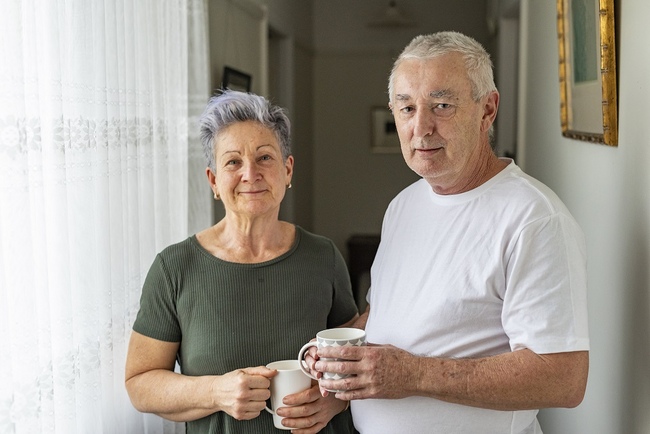Older Australians are encouraged to plan for their end-of-life care as a new national study reveals that 70% of Australians aged 65-plus are sidestepping this opportunity to control their care, with men less likely to plan than women.
The study also reveals that of those Australians with some form of advanced care planning (ACP) document in place (30% of Australians, according to the study), the majority have forms that are either incomplete, invalid or not legally binding.
In fact, the government-funded study, led by Advanced Care Planning Australia (ACPA) shows that only 14% of Australians have legally-binding advance care directives (ACDs) – considered the gold standard of ACP documents – in place.
ACDs can only be completed by a person of decision-making capacity, which is why it’s important for older Australians to complete these documents well in advance.
“While ACP is by no means mandatory, we’re concerned for older people who expect to remain in control of their medical decisions as they age,” says Linda Nolte, Program Director of ACPA.
“If choice and control is important to you, advance care planning should be on your radar.”
Planning ahead while you still have decision-making capacity is the key if you want to get the “care you want and avoid treatment you don’t want”, according to Ms Nolte.
Ms Nolte also adds that planning ahead also “relieves loved ones of the burden of making life-and-death decisions by guesswork”.
“We also encourage people to ensure their ACD is coherent and properly date, signed and witnessed. It may be the difference between whether your doctor follows your directive or not,” says Ms Nolte.
For more information about ACPA, visit: advancecareplanning.org.au/










